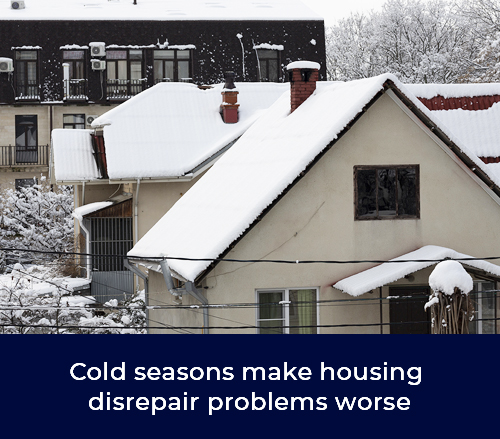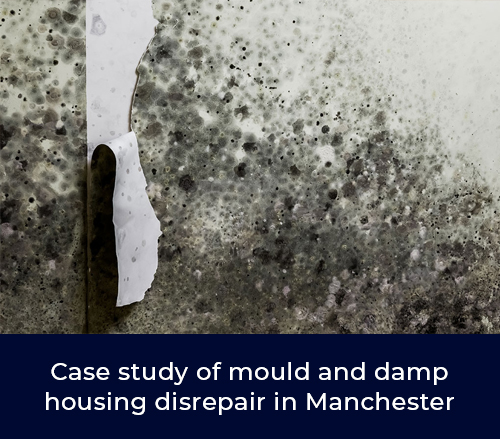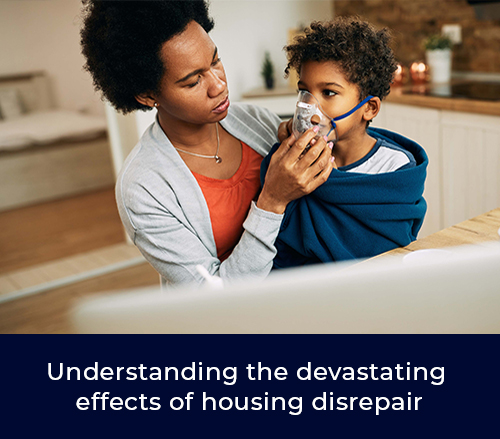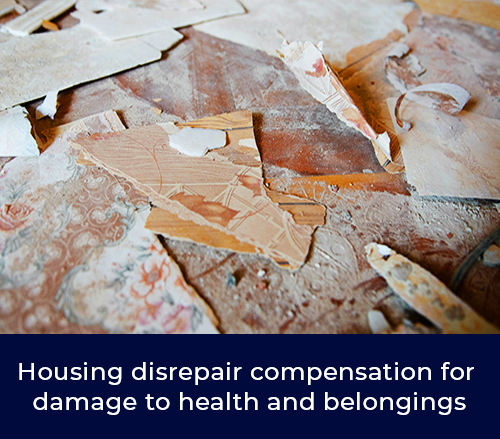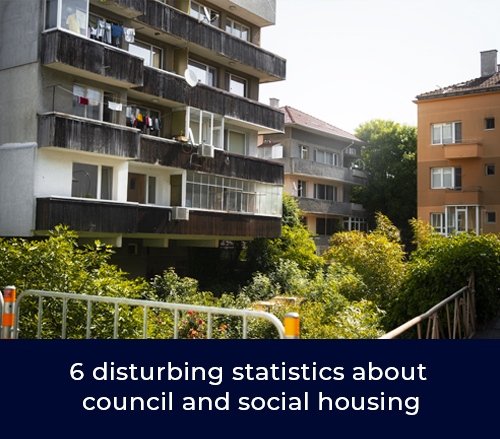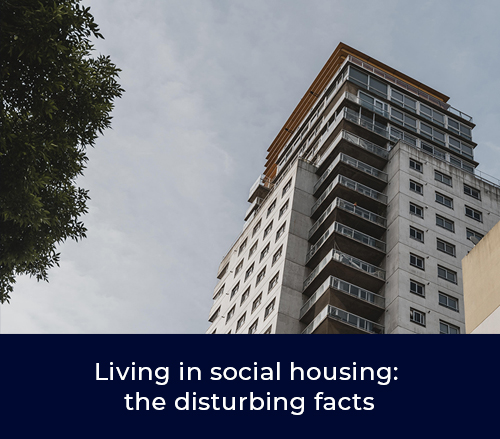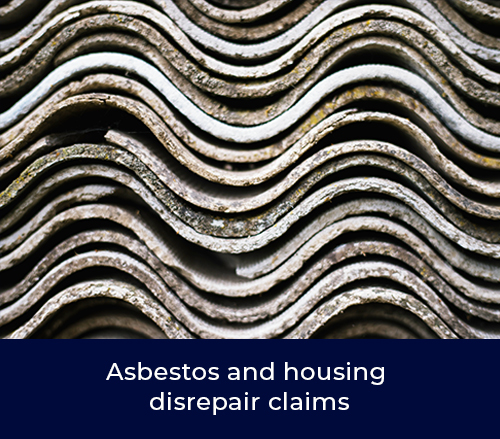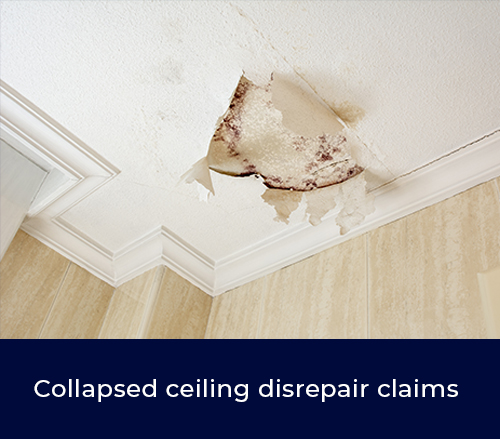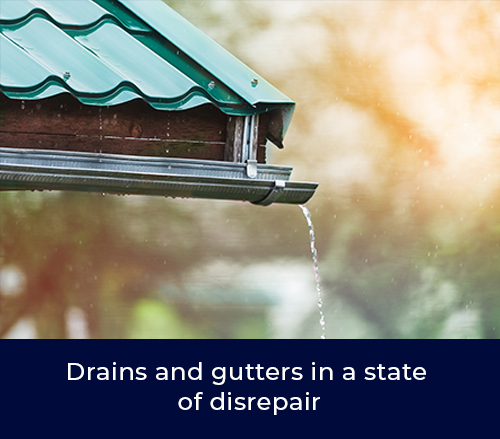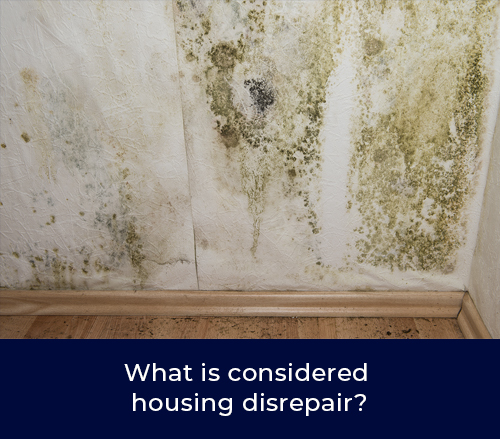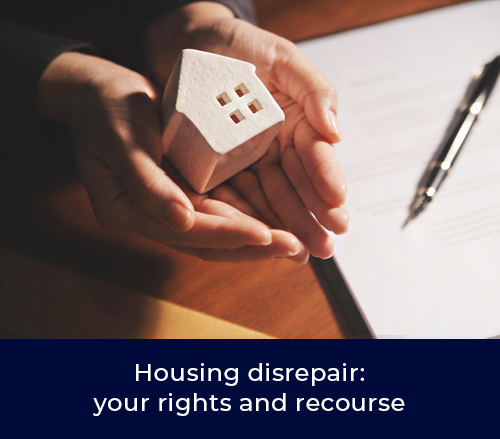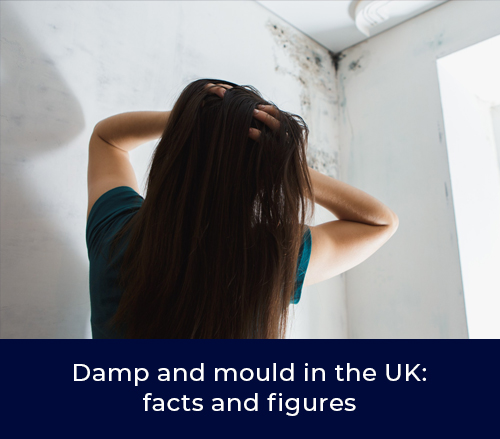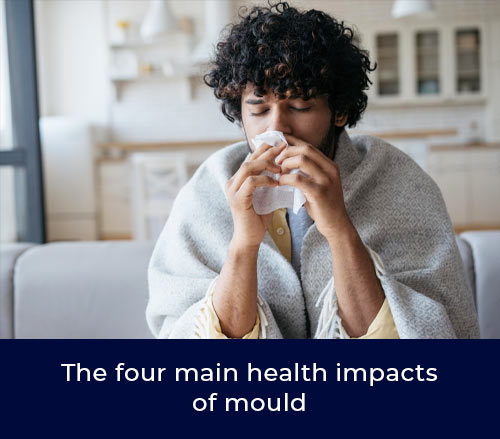The Four Main Health Impacts of Mould
The word mould can put fear into the hearts of any homeowner or tenant. Notably, mould is the most prevalent type of disrepair issue across the UK. The notion of mould in your home is frightful, as it has the potential to cause health issues for you and your loved ones. There is a lot of misinformation about mould, so let us put your mind at ease by highlighting the four primary health impacts.
Allergic Reactions
Mould is something that can be found everywhere. No matter where you live, what type of accommodation you reside in, or how well you maintain your home, there is always the potential for mould to appear. In truth, some form of mould may exist on various surfaces in your home without your knowledge. Allergic reactions are often the first sign of a mould infestation, but many factors can contribute to this issue.
First and foremost, not everyone is allergic to mould. Some may be sensitive to it, experiencing mild reactions, while others may be prone to symptoms like sneezing, coughing, watery eyes, runny noses, or itchy skin. Reactions can vary greatly, so if anyone in your family is experiencing these symptoms, it’s essential not to rule out the possible presence of mould.
Mould can remain dormant for most of the year when temperatures and humidity levels are low. However, during the summer months or in rainy periods, mould can begin to spread rapidly. Those who are sensitive or highly allergic to mould may experience an increase in symptoms during warmer times.
Asthma
Asthma patients tend to be more prone to symptoms from mould exposure. Those who have previously been diagnosed with asthma must be vigilant in their attempts to ward off mould spores. These spores can cause inflammation of the airways leading to a complete asthma attack. Rescue inhalers and breathing treatments can be employed to help alleviate symptoms, but the mould should be eradicated as soon as possible to avoid any long-term effects.
Those most prone to asthma irritation with mould exposure are elderly individuals, those with skin problems such as eczema, people with immune deficiency conditions, those with existing asthma conditions, or people with other breathing conditions. Exposure to mould, especially at peak mould season can be devastating for sensitive individuals.
Respiratory Infections
Even individuals without a prior asthma diagnosis may experience mould-related health concerns. Respiratory infections can be exacerbated or even triggered by mould exposure in otherwise healthy individuals. Unfortunately, the symptoms can mimic those experienced by asthma patients, such as coughing, headaches, wheezing, and fever, which can sometimes lead to misdiagnosis as a routine respiratory ailment.
Anyone who suspects that their symptoms are due to mould exposure should seek immediate testing. A specific test can be conducted to confirm mould exposure, examining the bronchial and mucus for mould spores. The use of a tiny camera placed in the bronchial passages can help medical professionals determine if mould is a contributing factor to these symptoms.
Depression
Depression is a growing problem among people of all ages, and it can also be linked to mould exposure. Those who experience persistent mould issues in their homes may develop feelings of helplessness and a lack of control over their living conditions. The situation can worsen if the person experiencing these symptoms is a tenant with a landlord who refuses to acknowledge the mould problem. Depression is a genuine clinical condition and should be taken seriously, especially if mould is a contributing factor in the home.
Where to turn for help with housing disrepair issues?
Mould can be present in any home, but when you lease a home, flat, or any other property, mould should not be a concern. Responsible landlords understand the importance of providing a safe, clean, and comfortable living environment for their tenants. If you are experiencing mould issues due to an unresponsive landlord, you have someone to turn to.
SilverOak Solicitors are here to help you receive what you are owed. Your landlord is responsible for the upkeep of the building, and they should be held accountable. We have assisted numerous individuals in obtaining compensation for health concerns related to mould exposure and housing disrepair issues. If you have a mould issue in your home, don’t wait for it to become a major health problem. Contact SilverOak Solicitors today, and let us assist you.
Get in touch with one of our disrepair experts
Use the online chat on our website
Call us on 020 8578 7778
E-mail us contact@silveroaksolicitors.com
Visit us at our office. We are open Monday-Friday 9am - 5.30pm
When you first contact us, we will ask for some initial details, including your contact information and the nature of your enquiry. You can be assured that everything you discuss with us will be completely confidential, and any information stored by us will be in accordance with UK data protection regulations.



